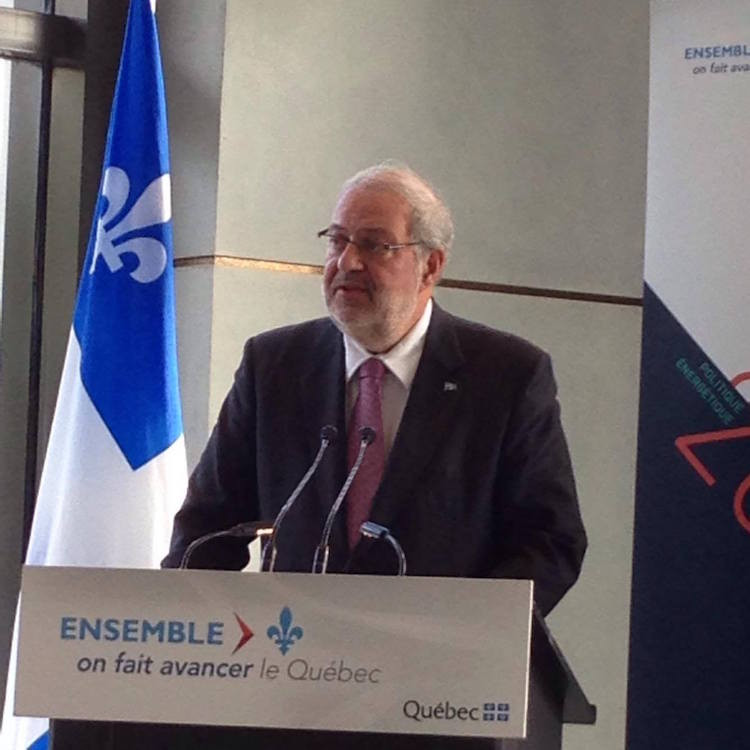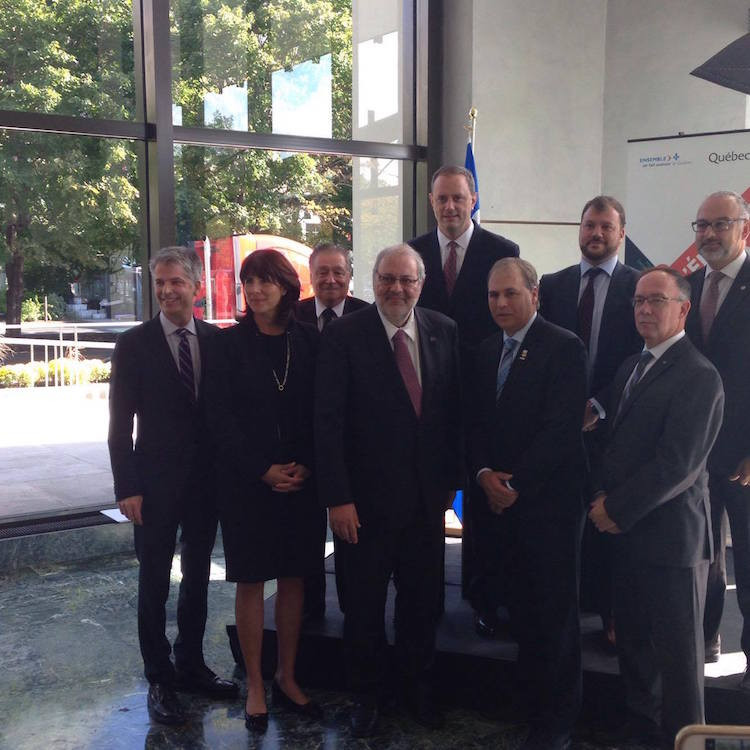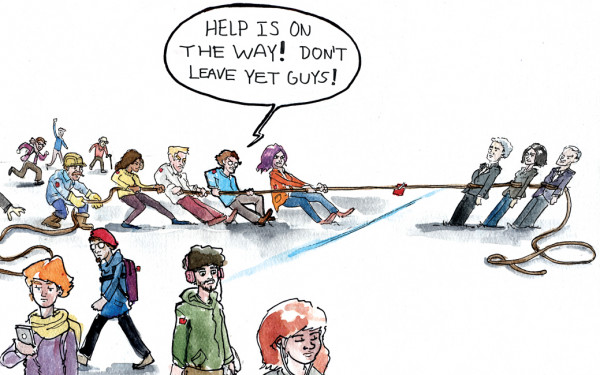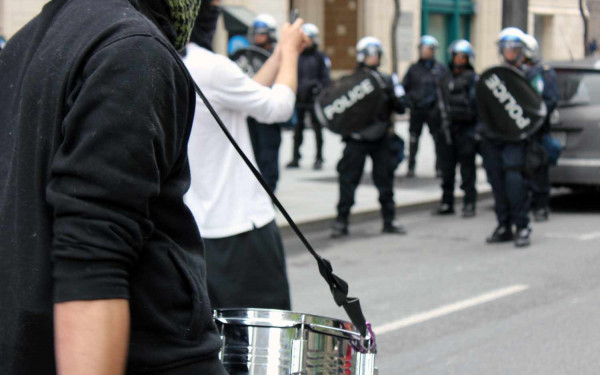Quebec Minister: Clean Energy Stations to be Reality by 2018
Pilot Project Set to Create Four Multi-Energy Stations In the Province
Imagine a service station where you could “refuel” your clean energy car with electricity, hydrogen, propane, or natural gas.
Quebec’s Minister of Natural Resources and Energy, Pierre Arcand, promised that it’d be a reality in his province by 2018.
He announced the plan during a press conference at the Montreal Stock Exchange on Monday, Sept. 3. He was joined by spokespeople from the Coop fédérée, Hydro-Quebec, Gaz Metro, Toyota Quebec, Air Liquide, the Quebec Propane Association, and the executive committee of the city of Montreal.
The pilot project will roll out progressively, according to Arcand. In less than two years, he plans to have one multi-energy station in four locations: Montreal, Quebec City, the Outaouais, and the Eastern Townships. If the results are positive, he will approve at least two more.
The minister called the program the “formal announcement of an energy transition.” With that, he said he wanted all new stations as well as stations under renovation to offer fossil fuel alternatives by 2030. Aref Salem, head of transport at the executive committee of the city of Montreal, went so far as to call it a “paradigm shift.”
Pierre-Luc Desgagné is secretary general and vice-president of corporate affairs at Gaz Métro. He said in the question period following the talk that Quebecers don’t need a stick (to make them accept a shift to renewable energy) because Quebec has “a mouthwatering carrot.”
But Arcand insisted earlier in the conference that “the role of the consumer is paramount,” suggesting that the transition will involve a certain amount of belt-tightening.
Gaz Metro designed a “route bleue,” or “blue highway,” a thousand-mile stretch of road from Rivière-du-Loup all the way to Mississauga, where trucks can refuel with natural gas.
Later in the day, Prime Minister Justin Trudeau told MPs in the House of Commons that provinces would have to install a carbon pricing system by 2018 or the federal government would do it for them. He said they could choose between direct price on carbon—with the minimum levy being determined by Trudeau’s Liberals—or a cap-and-trade system, where companies that exceed allotment can buy “unused” allowances from greener companies.
While the Saskatoon, Nova Scotia, and Newfoundland and Labrador Premiers stormed out of climate talks in Montreal after hearing the news, Quebec and Ontario were content with the new policy.





_600_375_90_s_c1.jpg)


